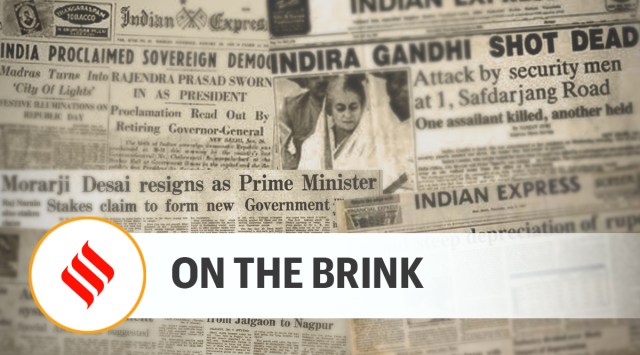
A series of talks in the last week between Russia and the West on European security in Geneva (with the US), Brussels (North Atlantic Treaty Organisation) and Vienna (the Organisation of Security and Cooperation that represents the entire Europe) have ended on a note of pessimism. Russian officials declared the talks a failure and Western officials say there is no question of accepting Russia’s demands for an immediate and legally binding ban on NATO’s expansion. Nor is the West ready to give Moscow a free hand in dominating Central Europe, especially Ukraine. The talks began amidst deepening tensions over Ukraine after Russia mobilised more than 1,00,000 soldiers on three sides of their common frontier.
A silver lining to the dark clouds gathering over Europe is the fact that the two sides have not shut the door on further talks. Another positive development has been last week’s discussion of steps to reduce military tensions and build mutual trust. Although the West can’t give legal guarantees that they will never admit Ukraine into NATO, it has no plans to do so in the near term. Turning the de-facto moratorium into a more formal understanding should not be impossible. Ending the talks now has major downsides for both. A Russian aggression will in fact ensure what Moscow wants to prevent — Ukraine’s membership of NATO. A war with Russia will be terribly costly for the West and divert its energies away from multiple other challenges confronting it, including China. If Russia has no reasons to be a perennial spoiler, the West can gain much by making Moscow a stakeholder in European security.